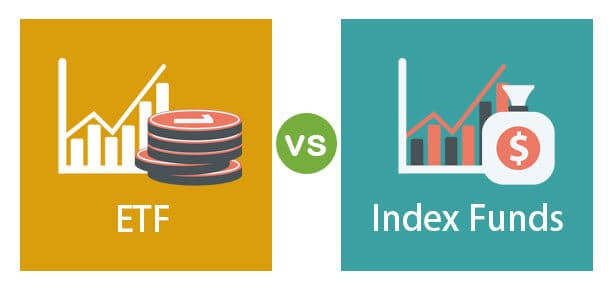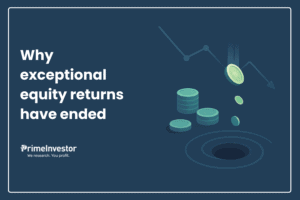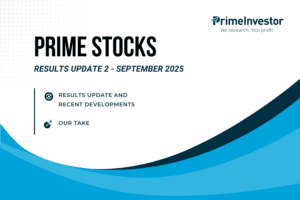Q: For a long-term investor, is an ETF a better or poorer option compared to index funds? Which is more expensive in the long term? Can one replace your recommendations of index funds (or FoF, like Motilal Oswal Nasdaq 100 FoF) with the corresponding ETF? It’s a little confusing because your Prime Funds and some of your portfolios recommend ICICI Prudential Nifty Next 50 Index fund, but ICICI Prudential Nifty Next 50 ETF is not recommended in Prime ETFs or portfolios. Shouldn’t the performance be same? And what is the impact of tracking error on investor returns?

A: The answer to whether an index fund or ETF is better cannot be generalised. There are several factors that go into deciding which is preferable. These factors are the cost of the index fund, the cost of the ETF, and the brokerage charge itself. If you’re running an SIP, the size of the SIP through ETFs will also matter; more the number of SIPs and larger the SIP amount means higher brokerage. And the final factor is the ETF’s liquidity and the extent of deviations between the ETF’s market price and its NAV.
These factors are also why you cannot replace an index fund we recommend with the corresponding ETF. The ETF may not have the liquidity required and may be suffering from high tracking error. Do remember that only an FoF has an ETF as the underlying (or another fund, depending on what type of FoF it is). An index fund invests in an index – i.e., it directly buys the stocks in the required weights and does not invest in the index’s ETF. Consider the ICICI Pru Nifty Next 50 example in the question. The index fund has low tracking error and a history to check this and therefore we have included it. For the ETF, we included the one that met all our criteria; ICICI Pru Next 50 ETF did not.
Where ETFs satisfy the cost and liquidity aspects, we include them in Prime ETFs (also factoring in attractiveness of the index, of course). But your quantum of investment, how long you will be investing, change in expense ratios and such factors will decide what is cost-effective. It is hard to pinpoint any cut-off amount here.
We’d suggest you avoid trying to drill down so deeply into costs and choices; if you have a demat account with competitive brokerage, and the ETF has ample liquidity, you can invest in the ETF. Else, an index fund is the easiest option as it is clean and simple with no fear of supply and price deviation from NAV. And if you find it hard to maintain a portfolio which features both funds and ETFs, stick to index funds.
See also : Our ratings of the best Index Funds India





4 thoughts on “Prime Q&A: Should you invest in an ETF or an index fund?”
Hi,
How can one invest in ETF like Motilal Nasdaq 100 ETF and Mirae FANG+ ETF?
Is it possible to make purchase on Zerodha which is based in India?
OR
Should we find a US equivalent for Zerodha?
These are local ETFs. So any local platform will work. Vidya
Hello Madam & Sir,
I think recently some of Index funds increased there expense rations very high ( Tata Index i think charging Expense of 1% ) So it will be prudent to make a compariosn of Index fund as well as ETF charges to arrive at best option based on number for a long term plan
Sir, our ratings and recommendations already factor in expense ratios. Thanks, Vidya
Comments are closed.